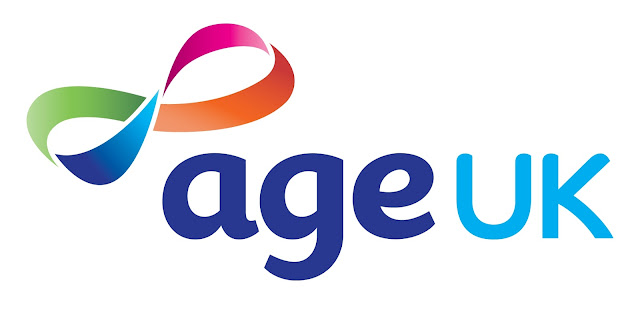Following extensive research into the issue of ageism and the problems surrounding it in the UK, it was time to devise and develop a body of practical work that both distils my knowledge of ageism or ageing. And this body of practical work will demonstrate my ability to tap into the market potential for socially, politically and ethically-driven design.
I felt the best way for me to deliver a solution to the identified problem would be to create a self initiated brief that would allow me consider media, communication, audience and function. Therefore I collated my research to this point to piece together a brief that I felt would be conceptually appropriate to helping the issue of ageing.
Background
The entire world’s population is ageing with virtually every country in the world is experiencing growth in the number and proportion of older persons in their population. This a major achievement of modern science and healthcare, however increased life expectancy combined with declining birth rates have caused many to worry about the impact of an ageing population. So how can we rethink and redesign our future so that getting old is no longer something to be feared? So that older people are seen as an asset and not a burden? So that our products and services are designed by and for and marketed to the sector of the population with the highest disposable income? So that older people can live as fulfilling, happy and valued lives as the young?
The challenge
As the ageing population increases, the way we look upon the elderly also changes rapidly. Once looked upon as a source of wisdom and respect, the elderly are now presently viewed as weak and useless to many, synonymous to how these obsolete objects of yesteryears no longer have a "use" and the elderly themselves becoming obsolete due to stereotypes in the media and societal's prejudices.
The challenge is to change the perception of our ageing population through awareness/protest supported by Age UK, as society is failing to value and harness older people’s skills, knowledge and experience. This challenge is important because our ageing population will otherwise not make the most of its talents and opportunities.
Who is it for?
The aim to make people more aware of ageism and stereotypes and perceptions of old people in the UK therefore the audience is broad. It is broad because everyone needs to tackle the issue of ageism that fuels suspicions and stereotyping across generations. Everyone would benefit if we created a Britain that is truly for all ages.
- The unique qualities of old people
- Experiences, skills and knowledge of old people
- Stereotypes of old people
- How graphic design outputs could actively make people more aware of ageism
- What best represents old people
- How idea can applied can be applied to number of products in a range
While discussing this brief with my peers they recommended I look more into Age UK the charity which will support the protest/awareness of ageism. Therefore I looked more into the UK's largest charity dedicated to helping everyone make the most of later life. They believe in a world where everyone can love later life and we work every day to achieve this. In total they help more than 7m people every year, providing companionship, advice and support for older people who need it most.
At Age UK they provide services and support at a national and local level to inspire, enable and support older people. They stand up and speak for all those who have reached later life, and also protect the long-term interests of future generations. They have a real simply vision of a world where everyone can love later life, its ambitious but they believe it’s how things should be for older people and they work every day to achieve this.

No comments:
Post a Comment